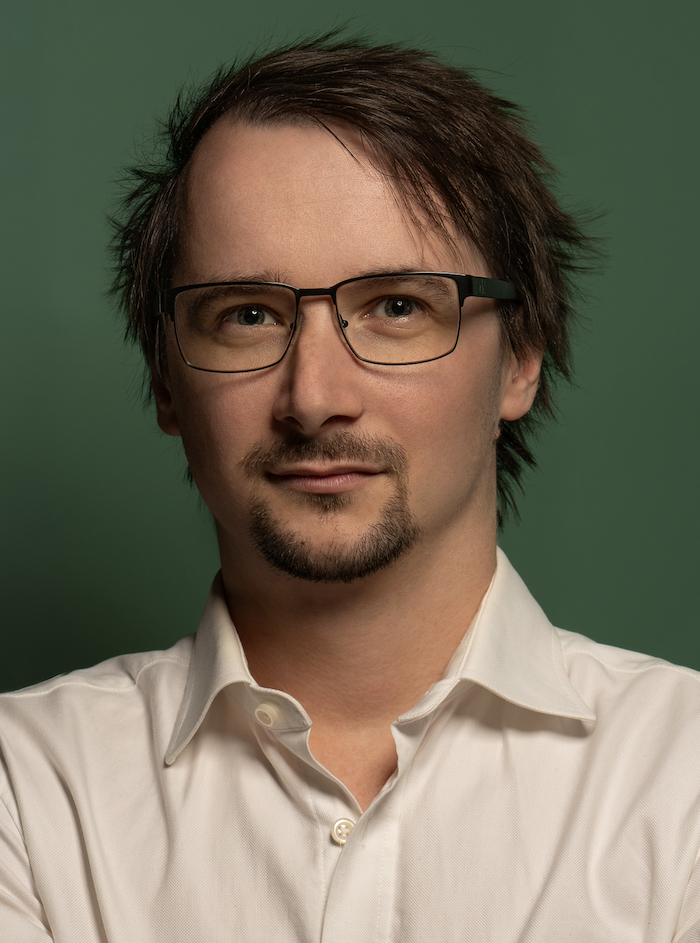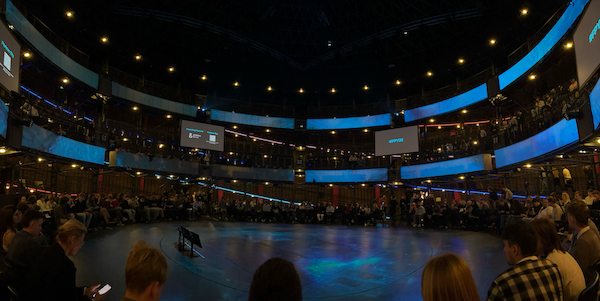Web Summit 2025: Like the Little Prince Landing on a New Planet
When the Little Prince arrived on a strange planet, he would always stop first, look around and try to understand how this new world worked. And that is exactly how we felt when we walked into the halls full of people, ideas and the future in Lisbon.
Web Summit 2025 — a digital Babylon where 71,000 visitors from 157 countries come together. We, five travelers, suddenly found ourselves in the middle of a world that was pulsing with a different pace, different stories and a completely different energy. A planet where many languages of technology are spoken.
Every step between the hundreds of booths felt like a journey between small planets. There were no neon signs shining at us, no flashy effects waiting — and yet everything felt strange and fascinating.
The halls were filled with the natural buzz of hundreds of conversations: about artificial intelligence, the future of mobility, sustainability, fintech and about how technology can change society.
We moved through an environment where every stop offered a new story. And even though we came together, it quickly became clear that each of us would find their own little piece of the world here.
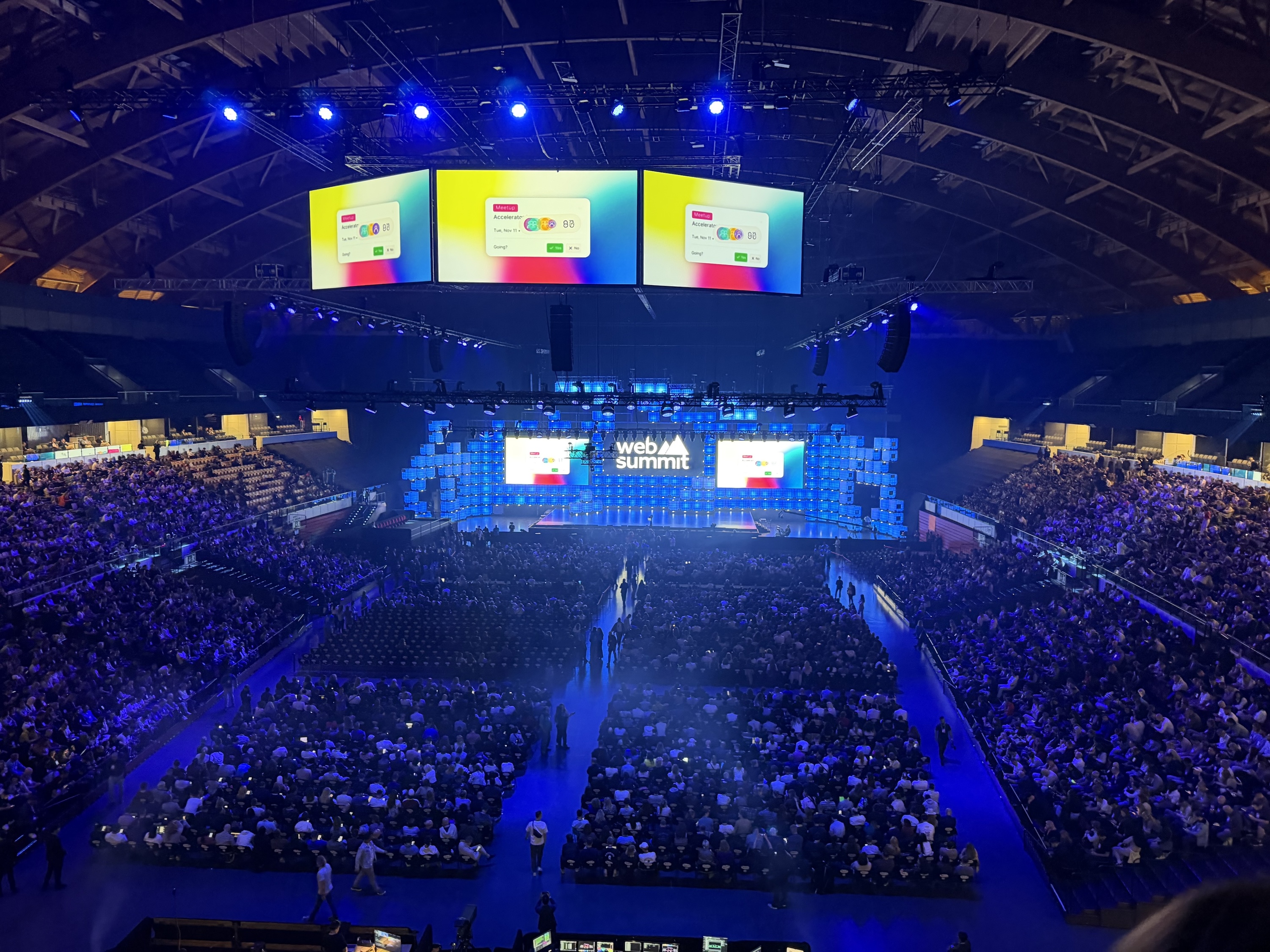
A place where the biggest names speak
On more than 15 content stages — from the main stage to Women in Tech, Marketing Machine, Future Societies and others — hundreds of speakers took turns over four days. Some were world-famous, others were only just opening the doors to the big stage ahead of them, but all of them shared the courage to speak about the future out loud.
On the main stage, we heard reflections on the further development of AI, the ethics of technology, investment trends and the space industry. Other stages focused on marketing, sustainability, startup stories, mobility or fintech. We walked between them like the Little Prince between planets: each world offered a different angle, different questions and different answers.
Who impressed us the most
On the “sports planet”, we were welcomed by Maria Sharapova, who talked about data in tennis. She described how she and her coach used to spend hours watching match recordings, looking for the weaknesses and strengths of opponents – while today’s players have similar analyses “at a click”. She reminded us how fundamentally technology is changing even a traditional sport that is still all about hard work, but definitely no longer “just about a feeling”.
Andrew Macdonald, President & COO of Uber, brought his vision of the future of mobility. He talked about how they want to start testing robotaxis in Germany as early as next year – and showed that autonomy is no longer a sci-fi concept, but a very concrete roadmap that begins in the streets of today’s cities.
On the “logistics planet”, we were intrigued by Heidi Wyle, founder and CEO of Venti Technologies. She described how containers used to get lost during transport – and how today, thanks to smart systems, they know exactly where each one is. A simple example of how data and autonomous systems can tame chaos in global transport.
When Robert Playter, CEO of Boston Dynamics, came on stage, it was time for the planet of robots. He spoke about how autonomous robots are already helping today – their robot dog Spot works in places where humans cannot go. In Fukushima, they have several of them at once.
A powerful moment also came from the public sector. Gonçalo Matias, Minister for State Modernization in the government of Portugal, talked about how the digitalisation of public life is a way to simplify people’s everyday lives.
The future of transport opened up again with Eric Allison, CPO of Joby Aviation. He talked about how they expect to launch air taxi services with real customers as early as next year. Once again, something that looks like sci-fi on paper connected with a very concrete date and plan.
On the “European planet”, we were also struck by a talk by Edeltraud Leibrock (Roland Berger), Europe's Sovereignty Triangle. She showed that a strong and independent Europe rests on three pillars: defense, a functional capital market for financing companies, and an independent technological base – from a digital euro, through AI, all the way to its own cloud platforms.
And finally, the planet of media and society. Arthur Gregg Sulzberger, chairman of The New York Times, reminded us of the importance of media independence in a time of pressure from both politicians and social networks. The sentence “It is easy to do whatever you want when no one is asking annoying questions” stayed in the minds of probably everyone in the hall.
.jpg)
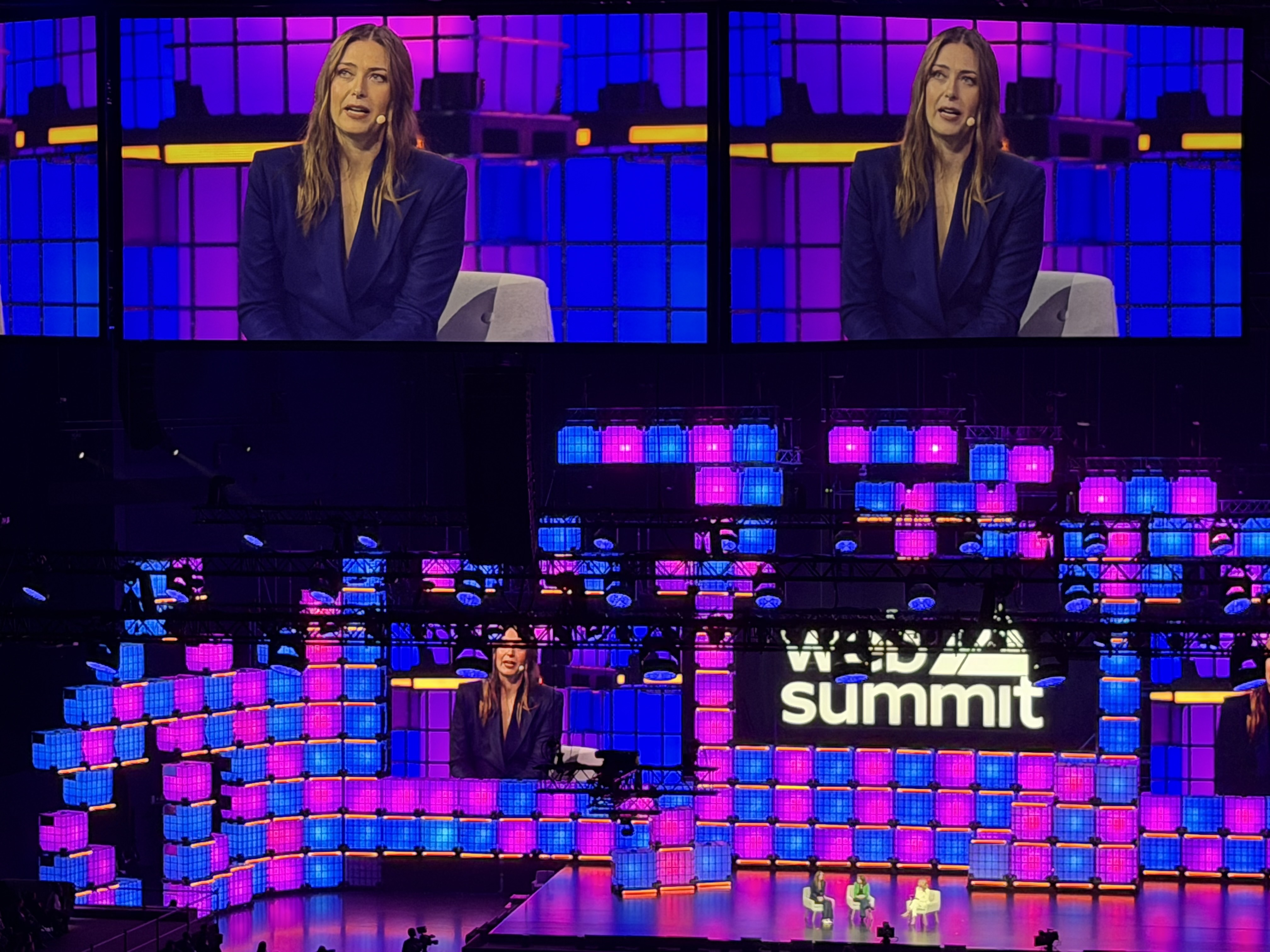
Five travellers, five experiences
Even though we arrived as a team, our experiences gradually spread out in different directions. In the end, each of us found something of their own — their own perspective, inspiration or moment that they carry forward. Maybe we didn’t find the answer to all our questions. Maybe we even brought some of them home for the first time. But that too is part of this journey — because Web Summit is not an exhibition of ready-made solutions. It is a place that is meant to set you in motion, not calm you down.
Why does this journey matter?
Web Summit 2025 was not just a technology fair. It was a reminder that the world of technology is not a set of definitions, but a living organism made up of people, their ideas and their courage. And when five observers land on a foreign world with their eyes wide open… each of them takes away something different — and yet they all gain more than they expected.
And to conclude, one thought shared by Khaby Lame:
“Don’t let others shake your confidence when they tell you that you can’t do something or that something isn’t possible. That’s their own limit holding them back. It’s not your limit.”
Author: Martin Kaufmann
Co-authors: Tomáš Zemanec, Tomáš Harapát, Michal Pustějovský, Marek Novák
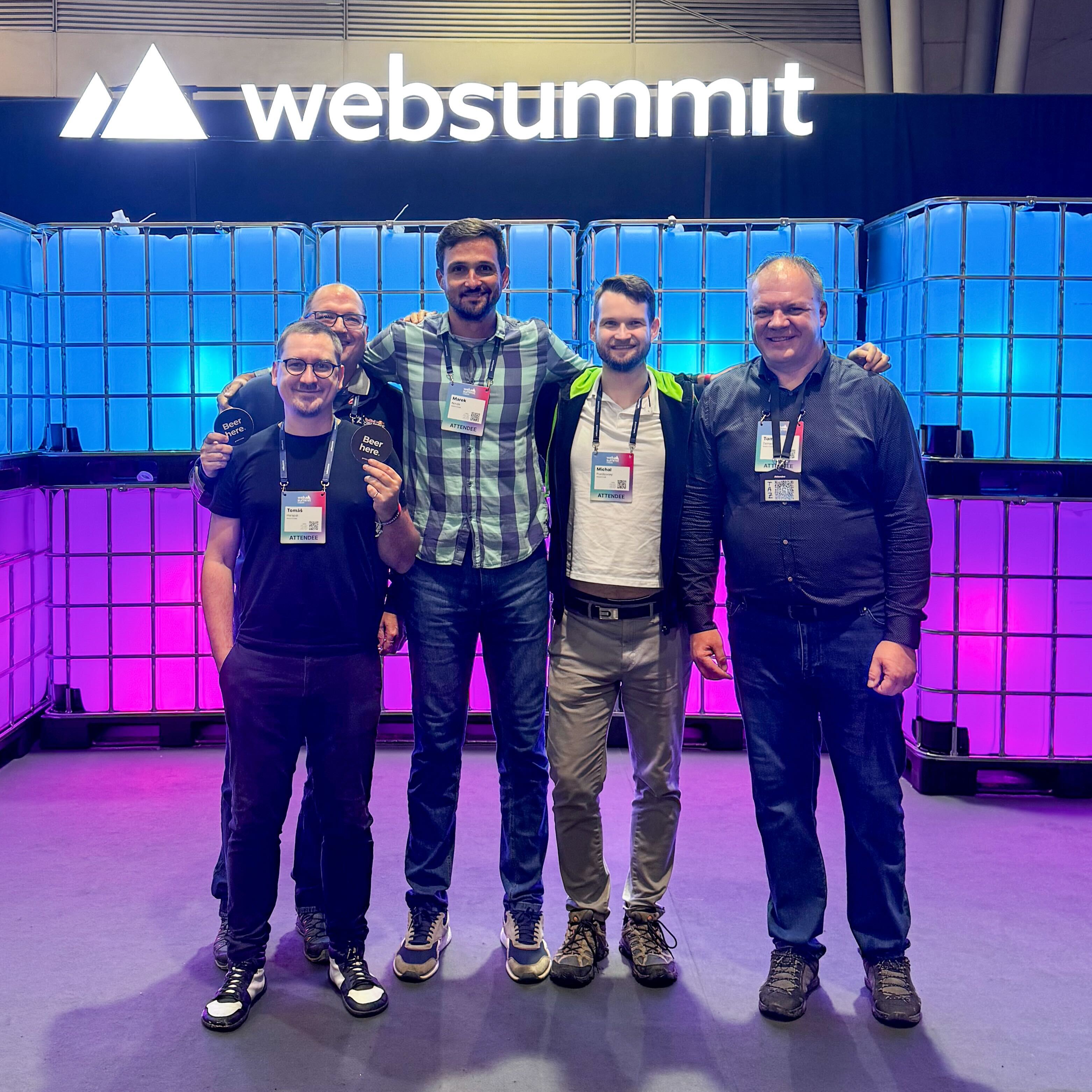
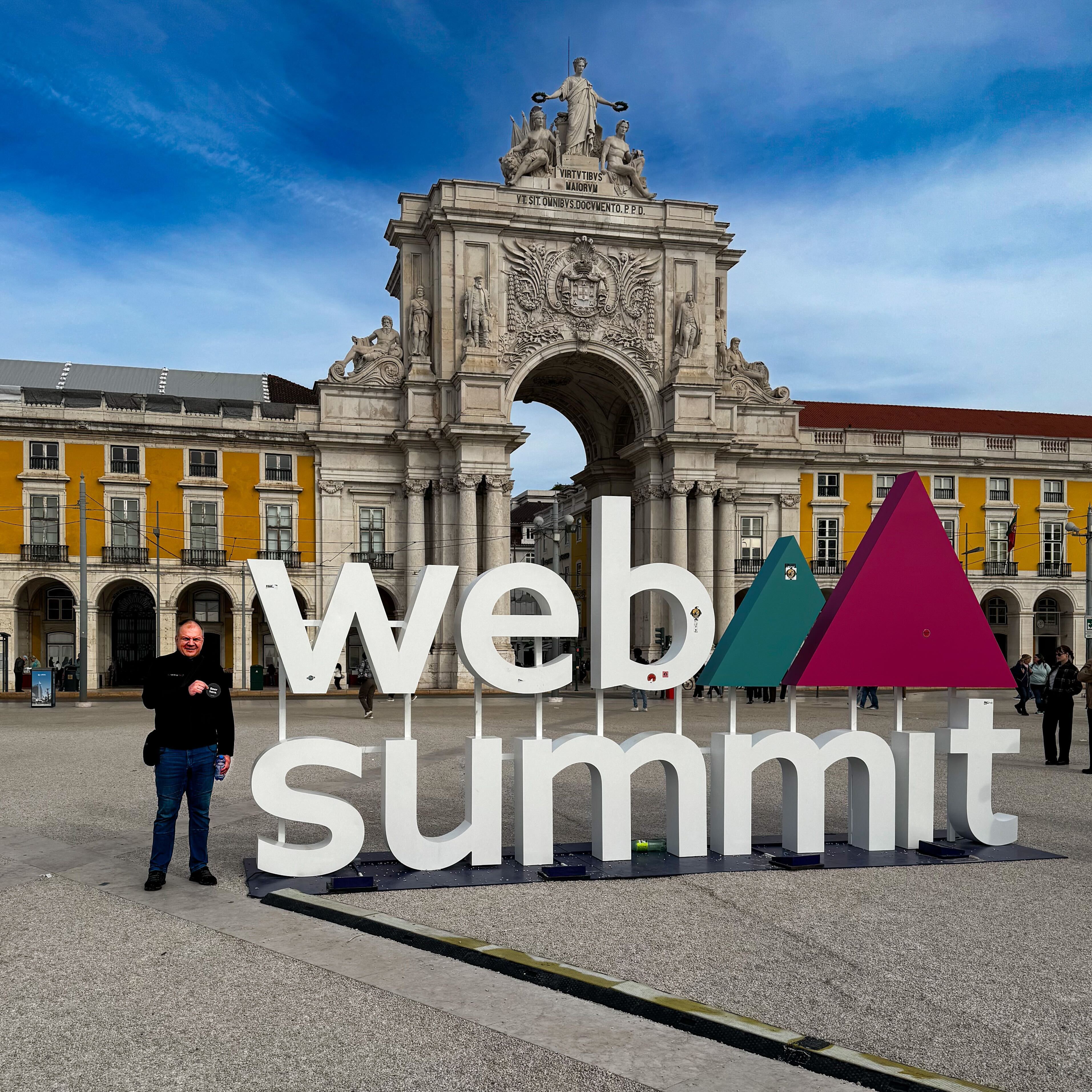


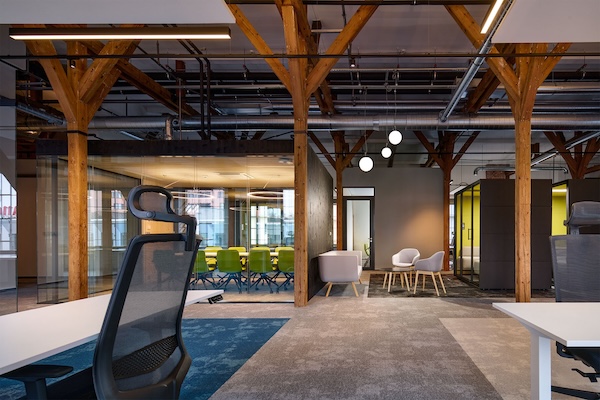
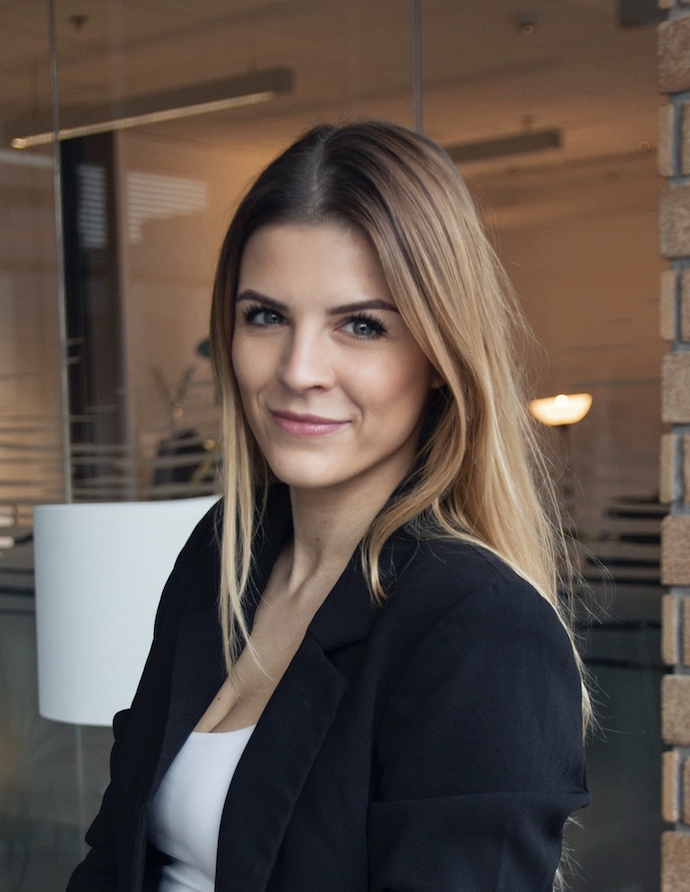
.jpg)

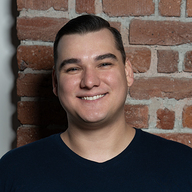
.jpg)
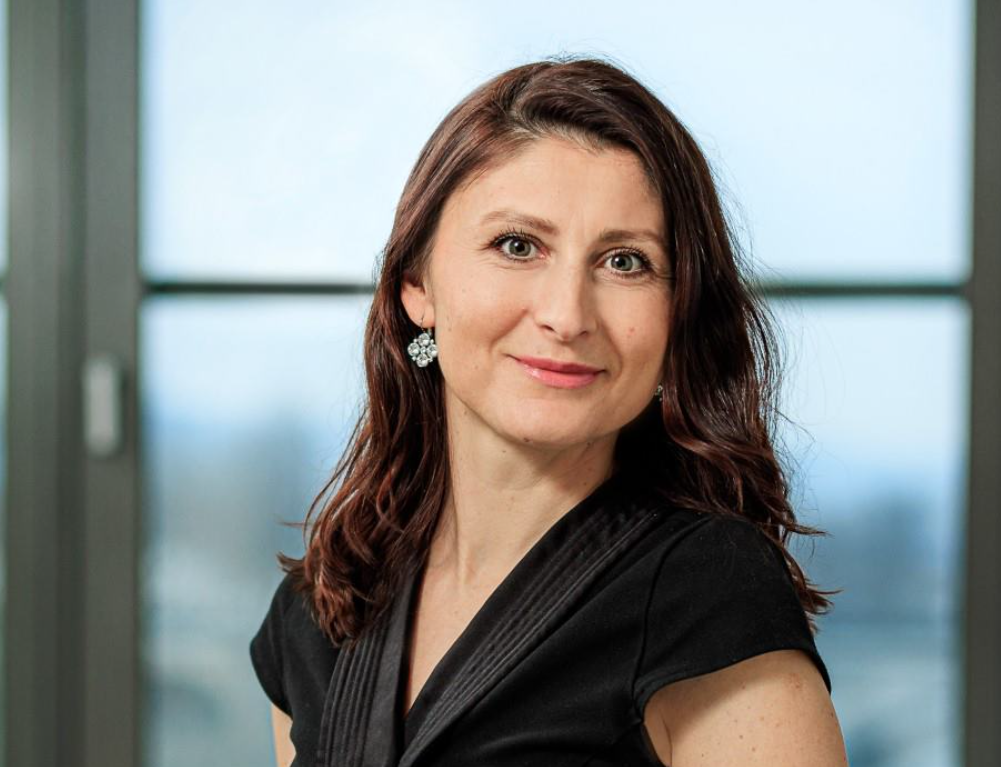
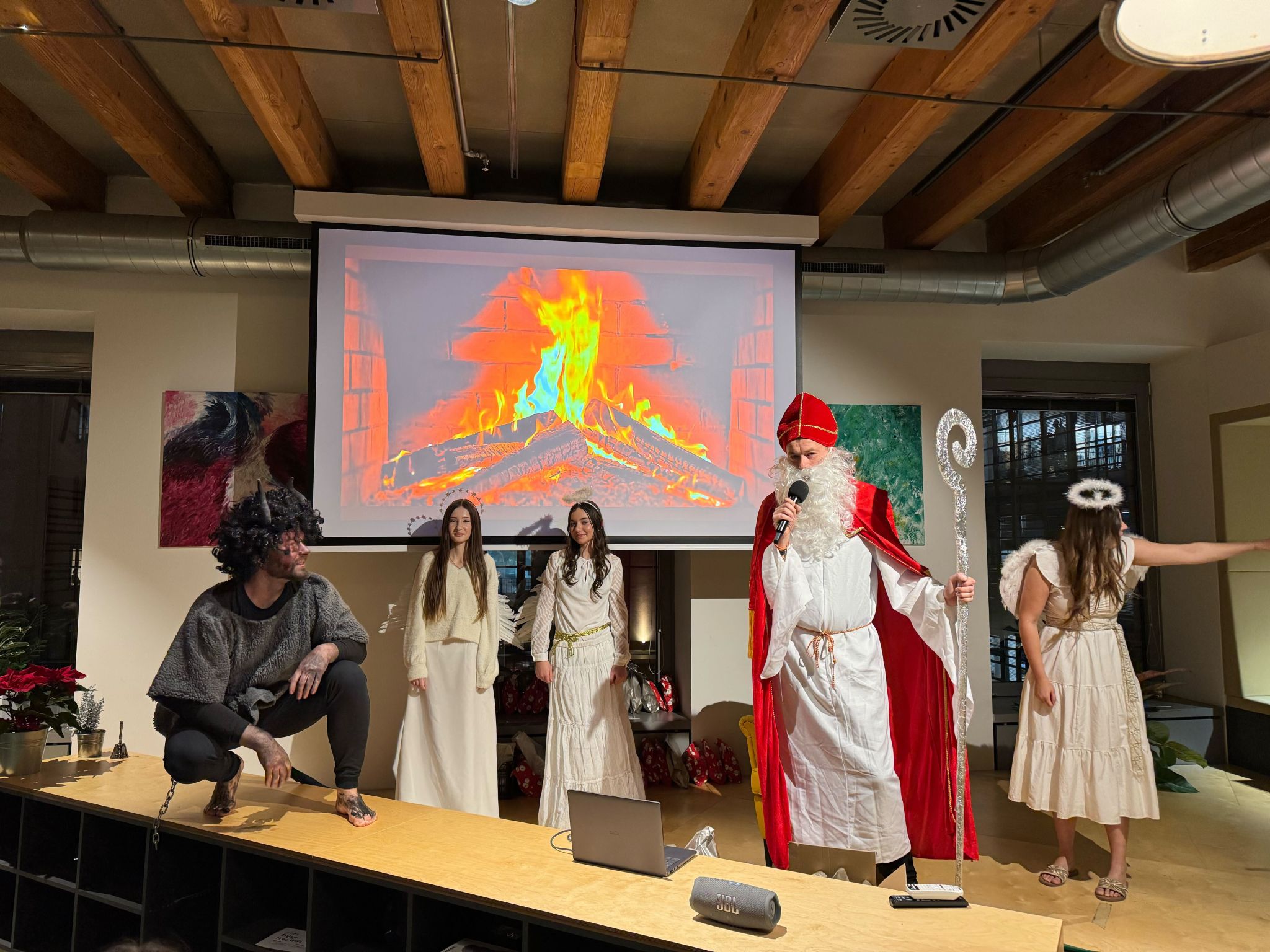
.jpg)
